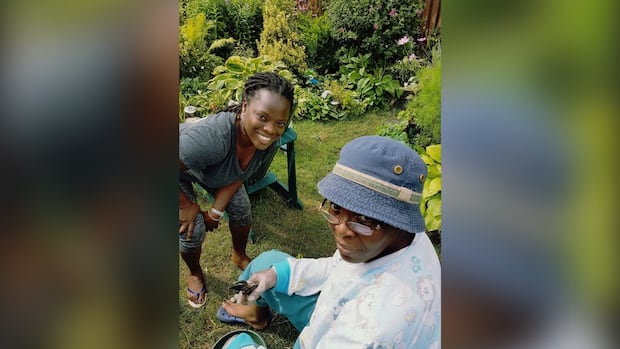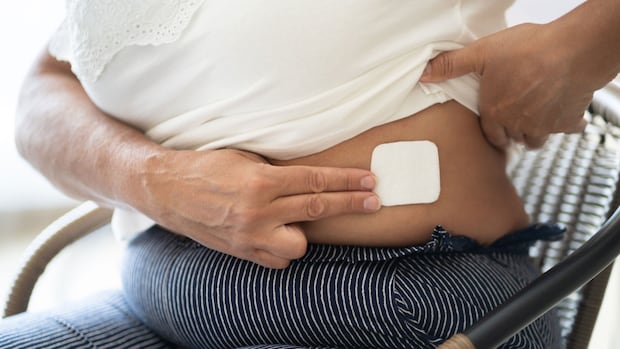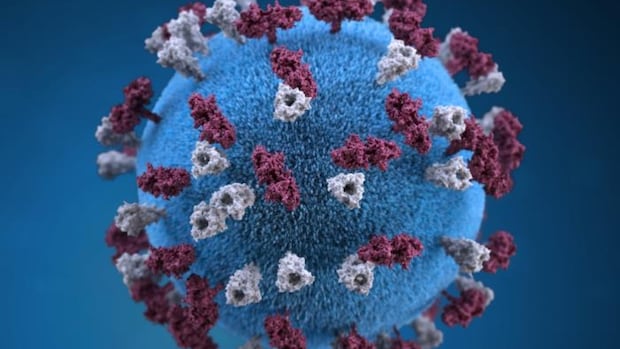Members of the World Health Organization adopted an agreement on Tuesday intended to improve preparedness for future pandemics following the disjointed global response to COVID-19, but the absence of the U.S. cast doubt on the treaty’s effectiveness.
After three years of negotiations, the legally binding pact was adopted by the World Health Assembly in Geneva. WHO member countries welcomed its passing with applause.
The pact was touted as a victory for members of the global health agency at a time when multilateral organizations like the WHO have been battered by sharp cuts in U.S. foreign funding.
“The agreement is a victory for public health, science and multilateral action. It will ensure we, collectively, can better protect the world from future pandemic threats,” said WHO Director General Tedros Adhanom Ghebreyesus.
The pact aims to ensure that drugs, therapeutics and vaccines are globally accessible when the next pandemic hits. It requires participating manufacturers to allocate a target of 20 per cent of their vaccines, medicines and tests to the WHO during a pandemic to ensure poorer countries have access.
However, U.S. negotiators left discussions about the accord after President Donald Trump began a 12-month process of withdrawing the U.S. — by far the WHO’s largest financial backer — from the agency when he took office in January.
Given this, the U.S., which poured billions of dollars into vaccine development during the COVID pandemic, would not be bound by the pact. And WHO member states would not face penalties if they failed to implement it.
U.S. Health and Human Services Secretary Robert F. Kennedy Jr. slammed the World Health Organization in a video address to the assembly, saying it had failed to learn from the lessons of the pandemic with the new agreement.
“It has doubled down with the pandemic agreement, which will lock in all of the dysfunction of the WHO pandemic response…. We’re not going to participate in that,” he said.
Accord draws mixed reviews
The deal was reached after Slovakia called for a vote on Monday, as its COVID-19 vaccine-skeptic prime minister demanded that his country challenge the adoption of the agreement.
One hundred and twenty-four countries voted in favour, no countries voted against, while 11 countries, including Poland, Israel, Italy, Russia, Slovakia and Iran, abstained.
Some health experts welcomed the treaty as a step toward greater fairness in global health after poorer nations were left short of vaccines and diagnostics during the COVID-19 pandemic.
“It contains critical provisions, especially in research and development, that — if implemented — could shift the global pandemic response toward greater equity,” Michelle Childs, policy advocacy director at Drugs for Neglected Diseases initiative, told Reuters.
Others said the agreement did not meet initial ambitions and that, without strong implementation frameworks, it risked falling short in a future pandemic.
“It is an empty shell.… It’s difficult to say that it’s a treaty with firm obligation where there is a strong commitment…. It’s a good starting point. But it will have to be developed,” said Gian Luca Burci, an academic adviser at the Global Health Centre at the Geneva Graduate Institute, an independent research and education organization.
Helen Clark, co-chair of The Independent Panel for Pandemic Preparedness and Response, described the accord as a foundation to build from.
“Many gaps remain in finance, equitable access to medical countermeasures and in understanding evolving risks,” she added.
The pact will not go into effect until an annex on sharing of pathogenic information is finalized. Negotiations on this would start in July with the aim of delivering the annex to the World Health Assembly for adoption, WHO said. A Western diplomatic source suggested it may take up to two years to be finalized.







